Young Europeans, get ready for SIA 2025
Wine judging and animal scoring competitions for young Europeans: 2 judging competitions of the Concours Général Agricole open to young Europeans. 91 participants from 28 participating countries in 2024. How many will take part in 2025?
During SIA 2024, 91 young Europeans put their knowledge and skills to the test, taking part into the Young Cattle Judging Competition (CJAJ) and the Young Wine Professionals Competition (CJPV) on Wednesday, February 28, 2024. Every year, for three days, the French Ministry of Agriculture and Food Sovereignty (DGER-BRECI), with the help of European and international agricultural education network coordinators, organizes the visit to Paris of around a hundred candidates and their accompanying adults, from European partner establishments.
The CJAJ (Concours de Jugement des Animaux par les Jeunes) consists in evaluating the morphological characteristics of several dairy and beef cow breeds (Montbéliarde, Prim’Holstein, Brune, Blonde d’Aquitaine and Limousine), depending on the options chosen by the candidates. The competition is based on the presentation of cattle by breeders in the center of the cattle presentation ring, which serves as a reference for « pointing out » the animal’s characteristics.
To find out which characteristics and elements to point out, please consult the grids to be completed by candidates, according to the options chosen: Montbéliarde, Limousine, Charolaise, Brune and Blonde d’Aquitaine.
Relive the cattle judging competition by breed alongside the young Europeans at SIA2024 – Trophy for the best pointer in the Show Ring
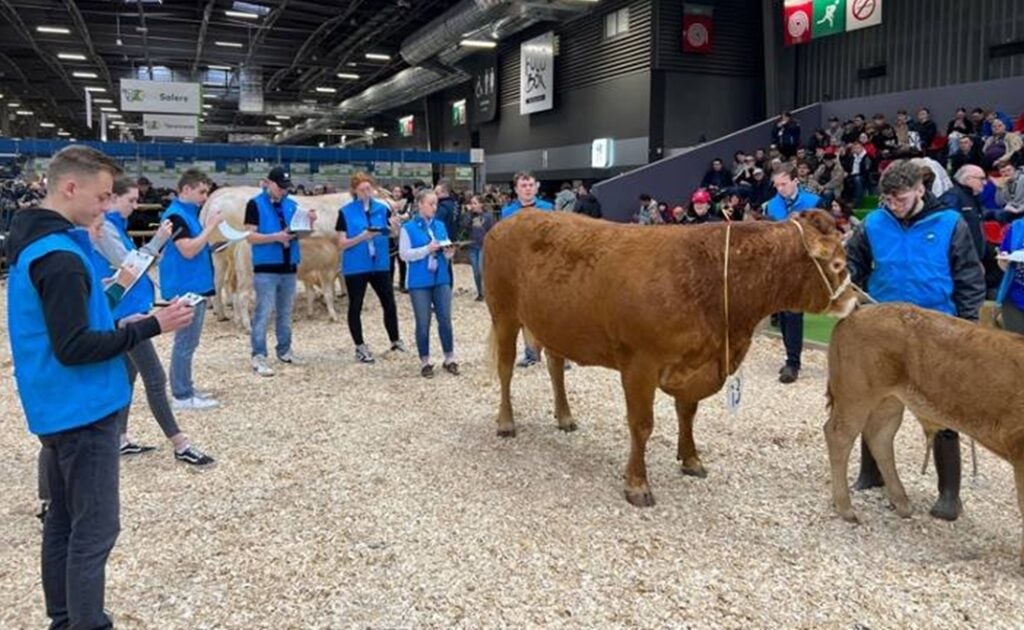
The Concours des Jeunes Professionnels du Vin (CJPV) takes place away from the hustle and bustle of the show, in the heart of the Concours Général Agricole pavilion. The first characterization test involves recognition of 5 samples: grape variety, vintage, production region, appellation and price segmentation. The second test is similar to a sensory analysis. It involves rating the organoleptic characteristics of 5 wines on a structured scale from 1 to 5. At the end of these 2 tests, the 3 best candidates take part in a final commented tasting of a mystery wine to determine the final podium.

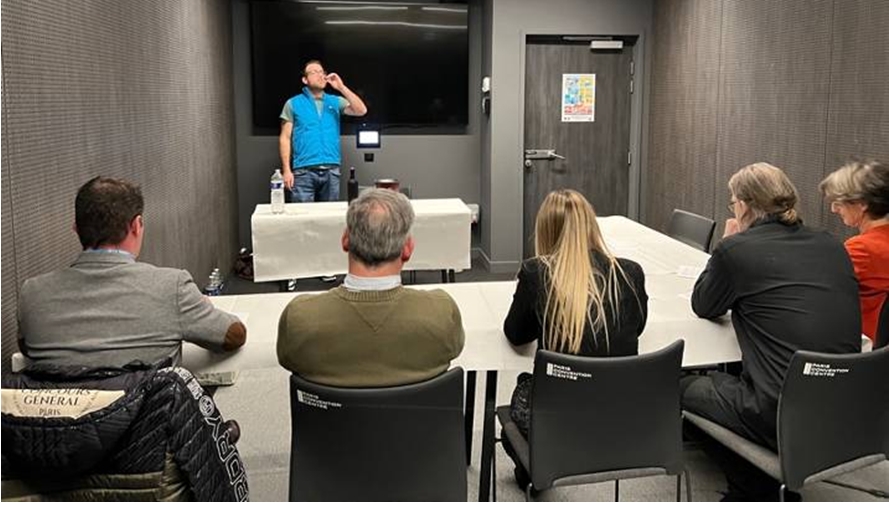
Young people from French agricultural schools are also competing in these 2 competitions. The tests and wine samples are the same for all French and European candidates, but the results are split into two sections: a French section and a European section.
To find out what is expected, consult the grids to be filled in by candidates for the various competition tests: scoring test, characterization test, commented tasting test Discover the wines selected by the jurors for the CJPV 2024 tests, with a few indications about the appellations, estates and their specific features.
Winners of the 2024 edition
At the end of the day’s events, three winners from each of the 28 European delegations received their prizes, in the presence of all the professional and institutional representatives involved in the event: the competition juries, the General Agricultural Commissioner and his team, representatives from the French Ministry of Agriculture and Food Sovereignty (BRECI-DGER) and the Erasmus + Agency.
Remise des prix sur le Ring Porcin (vidéo à visionner à partir de la minute 9’04)
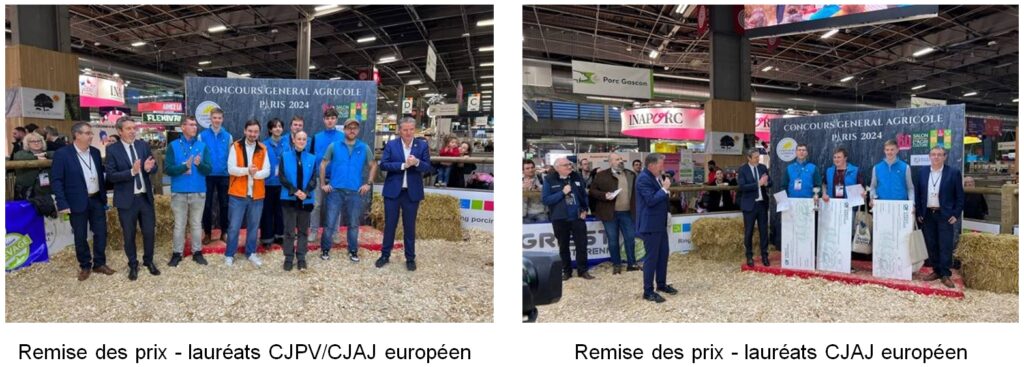
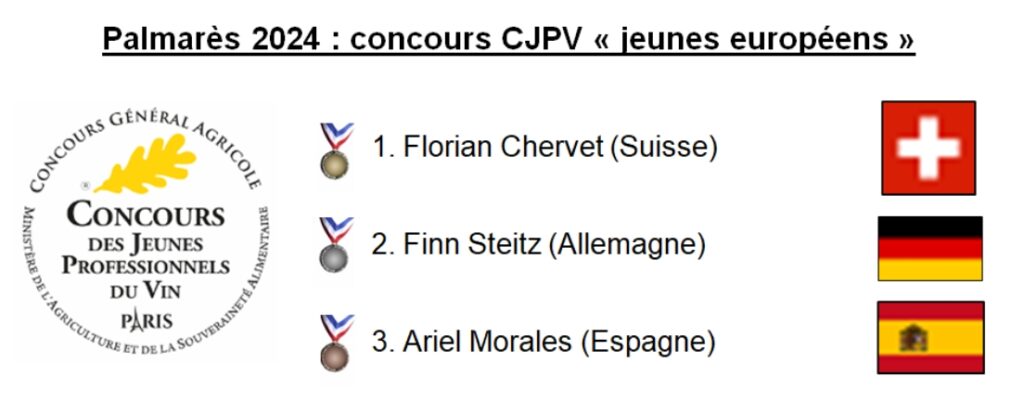
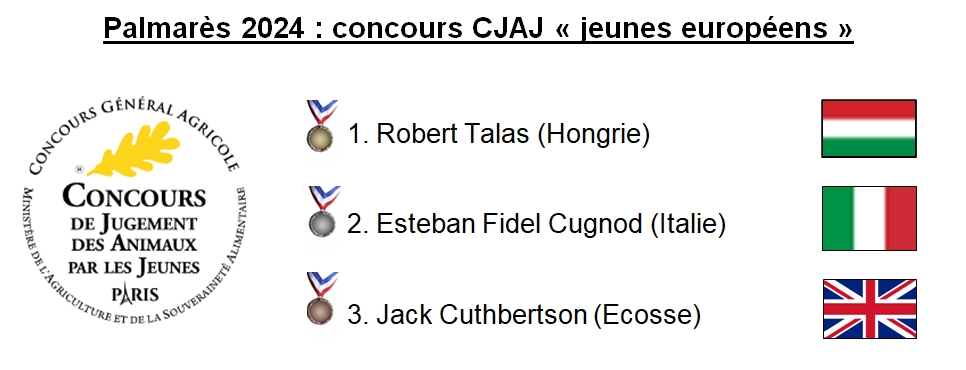
European evening
Alongside the competitions, the 137 guests from 28 European countries gathered for a festive evening, during which each team shared culinary specialities from their country and enjoyed a buffet offering products from a dozen of French agricultural schools.
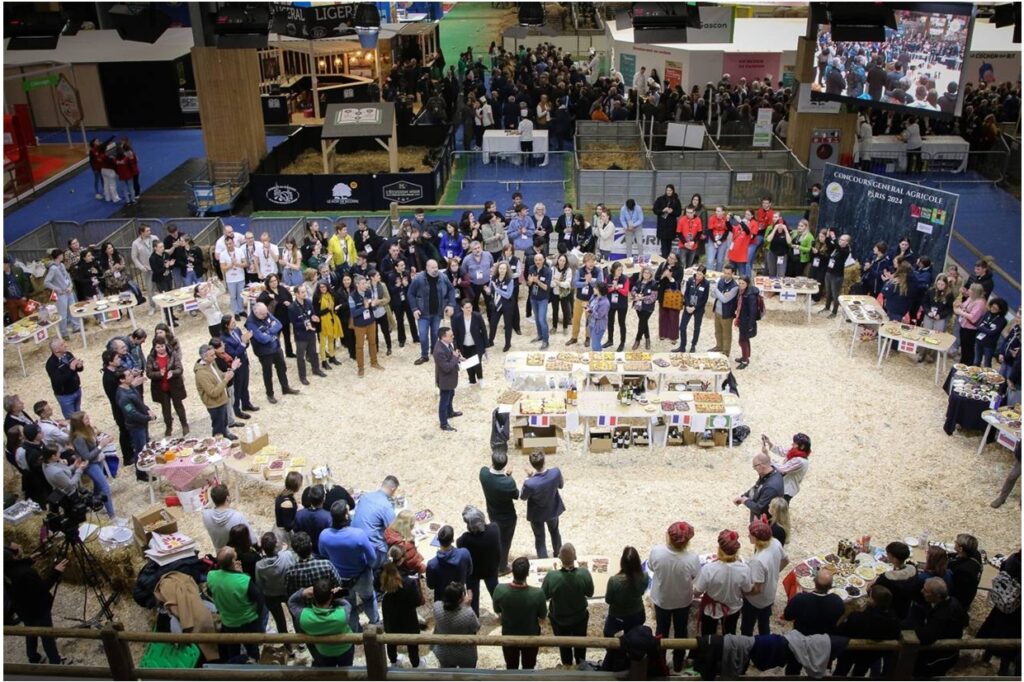
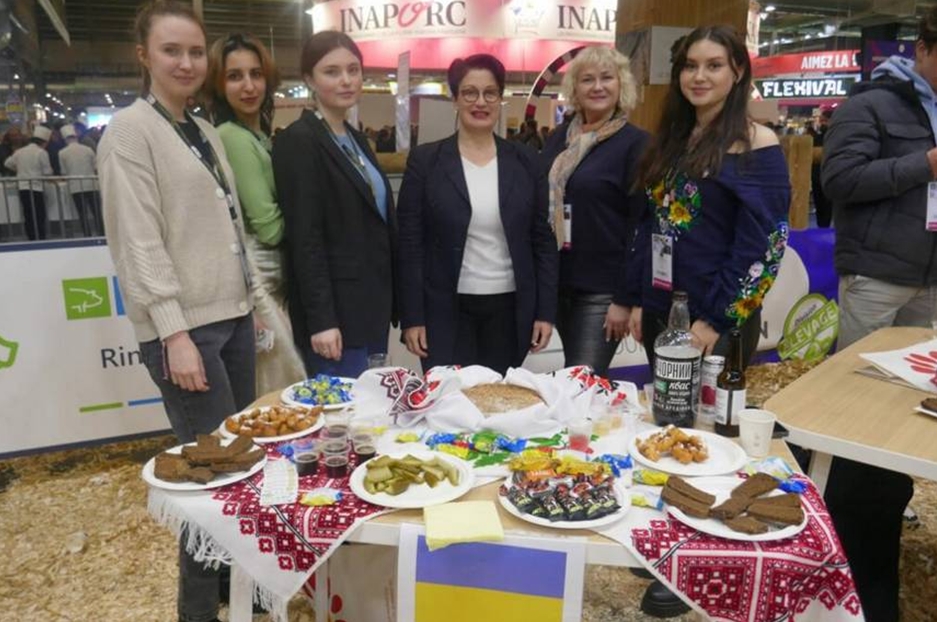
Erasmus + France partners European competitions
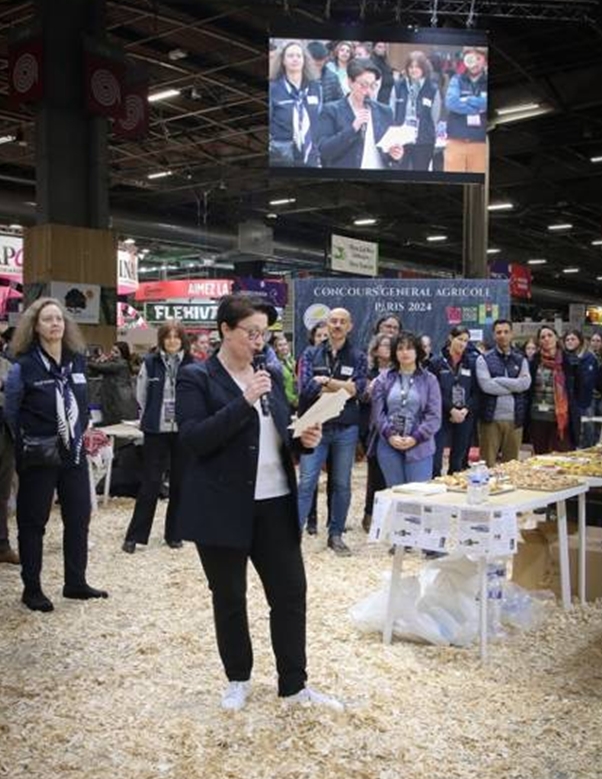
This year, 30% of European candidates were able to finance their mobility through the Erasmus action « KA121-VET – Participation in VET skills competitions », reserved for mobility projects for trade competitions at accredited establishments for learners and staff in vocational education and training.
As a partner of these European competitions and represented at the highest level during the festivities (European evening and prize-giving ceremony), Erasmus+ France contributes to the recognition of the skills of these young professionals by endorsing, in collaboration with MASA, the open-badges (digital certificates of participation) awarded at the end of the competitions.
28 European countries and more in 2024
Austria, Belgium, Bulgaria, Croatia, Czech Republic, Denmark, Estonia, Finland, Germany, Greece, Hungary, Ireland, Italy, Latvia, Lithuania, Luxembourg, Netherlands, Norway, Poland, Portugal, Romania, Slovakia, Slovenia, Spain, Sweden, Switzerland, Ukraine, United Kingdom (Scotland).
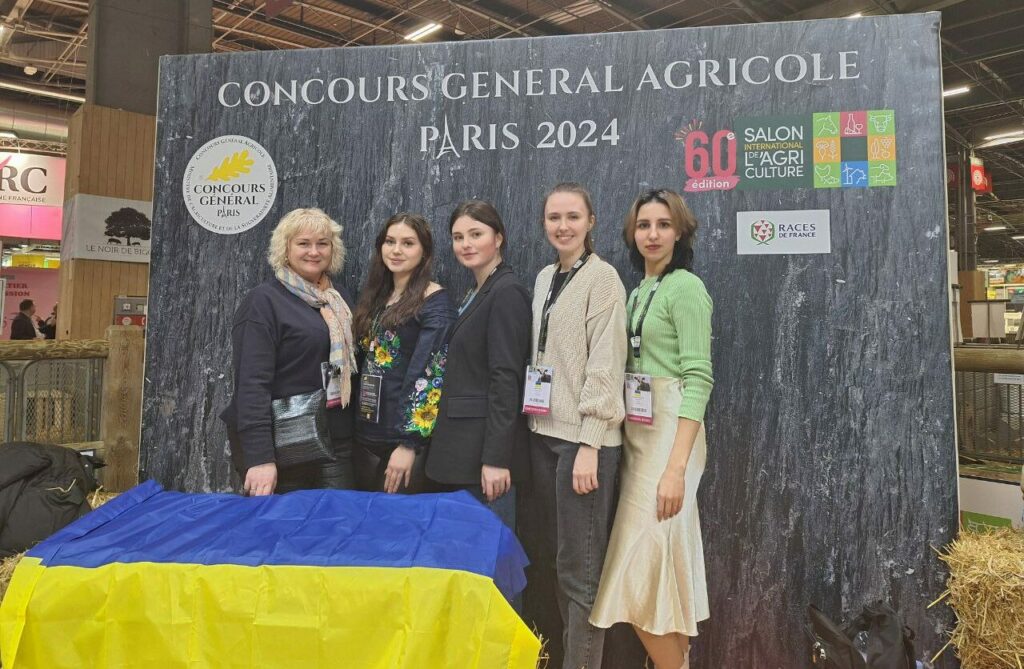
As in 2023, a courageous Ukrainian delegation did us the honor of taking part in the European youth competitions at the Salon International de l’Agriculture, despite the war situation and a grueling 44-hour bus journey. The delegation comprised 4 students and a professor of oenology from the Universities of Kyiv and Bila Tserkva.
See the Competition page on PortailCoop for all the information you need.
Contact: Paul Ménard and Vincent Vanberkel, coordinators of the European youth competitions for agricultural education, paul.menard@educagri.fr and vincent.vanberkel@educagri.fr
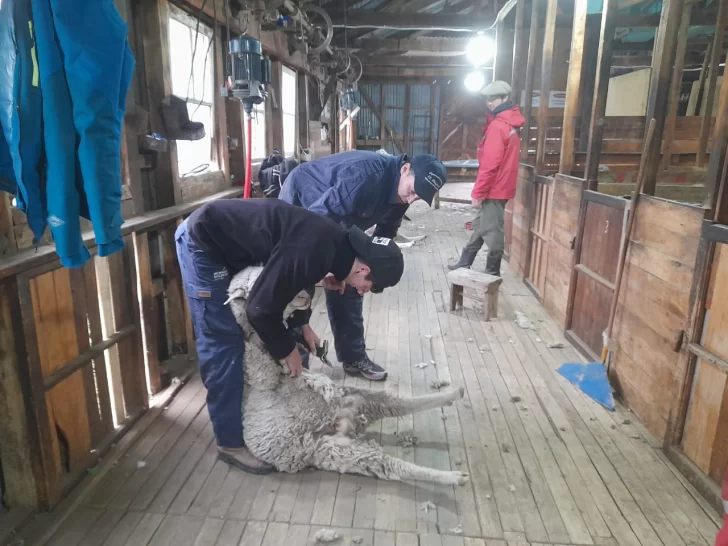 Creada en 1962, “la Escuela Agropecuaria tiene un modelo de capacitación y de educación totalmente interesante, los alumnos conocen la actividad rural, la practican y se capacitan. Y también se capacitan en establecimientos rurales de la zona y hacen las prácticas. En la Agropecuaria se capacitan y estudian muchos alumnos que después obtienen una preparación para desarrollarse en el medio rural”, subrayó.
Creada en 1962, “la Escuela Agropecuaria tiene un modelo de capacitación y de educación totalmente interesante, los alumnos conocen la actividad rural, la practican y se capacitan. Y también se capacitan en establecimientos rurales de la zona y hacen las prácticas. En la Agropecuaria se capacitan y estudian muchos alumnos que después obtienen una preparación para desarrollarse en el medio rural”, subrayó.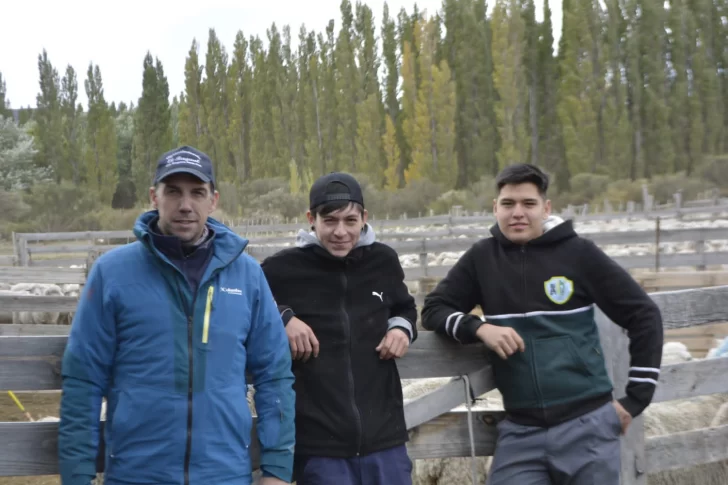 “Todo lo que podamos hacer para incentivar a la Escuela Agropecuaria de Gobernador Gregores siempre va a ser un hecho positivo. Además, tienen un cuerpo de docentes que siempre está preocupado en buscar estas posibilidades. Que todo ese conocimiento lo puedan aplicar en una olimpiada a nivel internacional es importante, pero sin descuidar de la necesidad de fortificar estos modelos educativos para que esos egresados luego se inserten en el medio“, observó.
“Todo lo que podamos hacer para incentivar a la Escuela Agropecuaria de Gobernador Gregores siempre va a ser un hecho positivo. Además, tienen un cuerpo de docentes que siempre está preocupado en buscar estas posibilidades. Que todo ese conocimiento lo puedan aplicar en una olimpiada a nivel internacional es importante, pero sin descuidar de la necesidad de fortificar estos modelos educativos para que esos egresados luego se inserten en el medio“, observó.